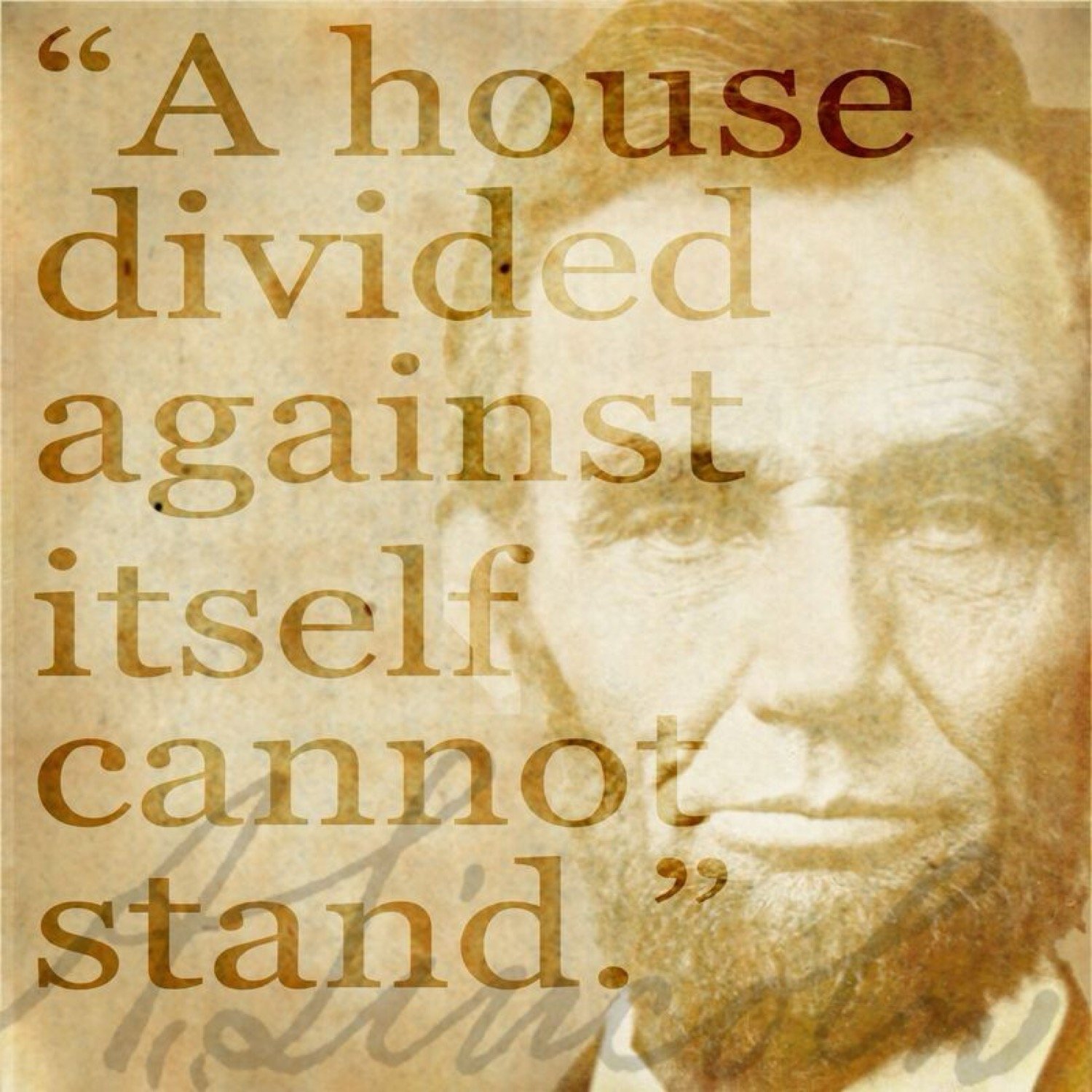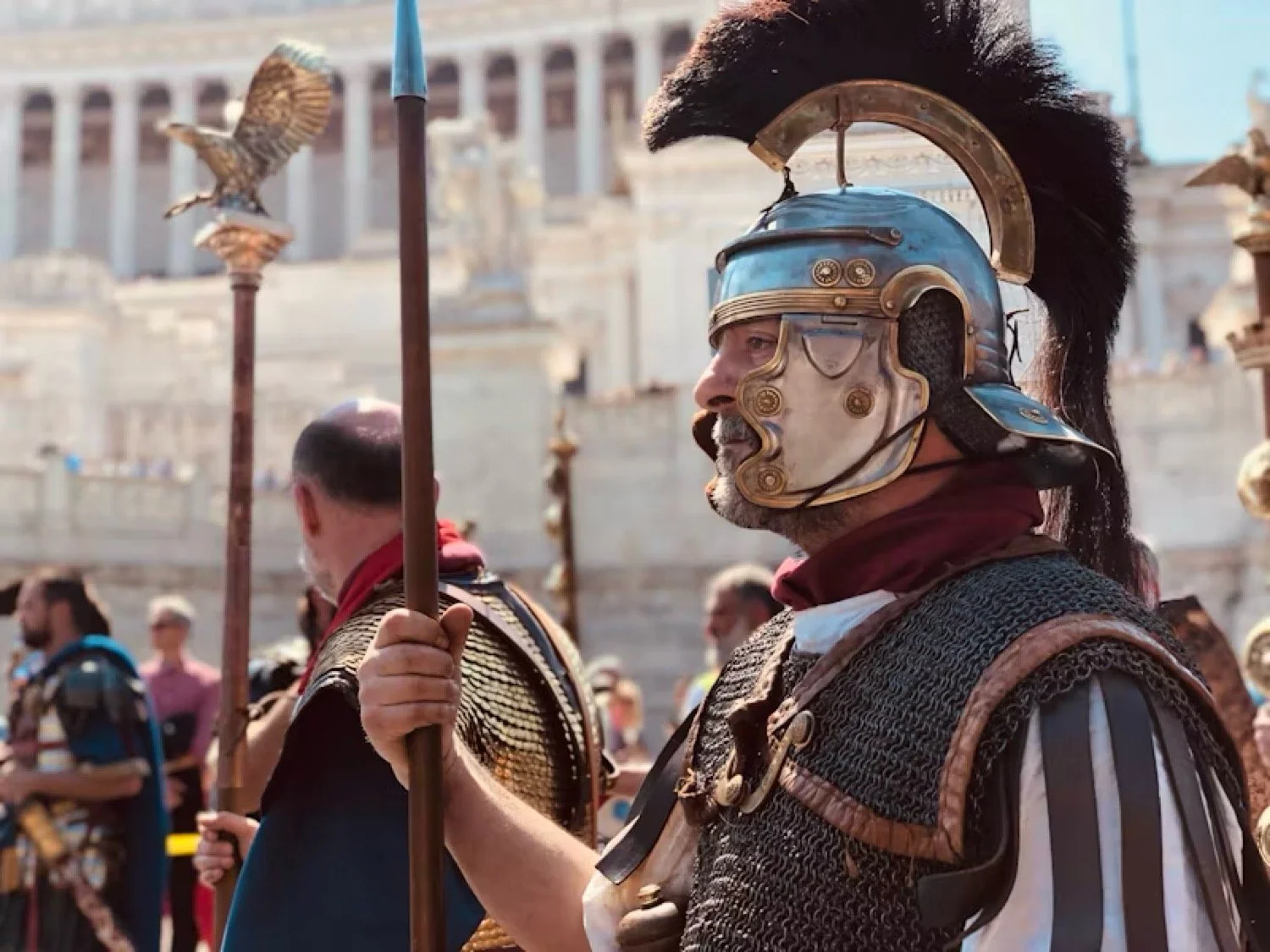Readings for today: Numbers 14-16, Psalm 95
One of the hardest ideas to get our minds around when we read Scripture is to remember our position before God. God is God. He is the Creator. The Ruler. The Sustainer of all things. He holds complete and total authority over life and death. His will is perfect. His character is holy and righteous. His desires are always pure. He is not a man that He should lie. He is not a man that He should change His mind. He is not given to fits of emotion nor is He ruled by His passions. He is not like us. He is wholly other. His ways are not our ways. His thoughts are higher than our thoughts. As far as the heavens are above the earth so far is God’s understanding beyond our own. He dwells in unapproachable light. He exists outside time and space. He lives in a dimension all His own. He cannot be questioned. He cannot be challenged. To disobey Him is to invite judgment. The very fact that He doesn’t just wipe out all creation and start over is an act of pure mercy and grace. Nothing more. Nothing less. Nothing else.
I love how pastor and theologian, Jonathan Edwards, once put it, “The bow of God's wrath is bent, and the arrow made ready on the string, and justice bends the arrow at your heart, and strains the bow, and it is nothing but the mere pleasure of God, and that of an angry God, without any promise or obligation at all, that keeps the arrow one moment from being made drunk with your blood.” It’s a sobering reality when we stop to think about it. It rightfully engenders fear in our hearts. The righteousness and holiness of God’s justice should cause us to fall on our faces before God in humble submission and deep gratitude for the mercy that stays His hand.
God is faithful. He delivered His people out of Egypt. He rescued them from slavery. He provided for them in the wilderness. He guided them right to the edge of the Promised Land. And there…standing on the brink of the fulfillment of all God’s promises…they rebelled. They turned away. They refused to go in. Not only did they refuse to go forward, they actually made a plan to go backwards. Back to Egypt. Back to slavery. Back to bondage. They rejected Moses. They rejected Aaron. They wanted a new leader. A new direction. A new vision that didn’t include God. It’s heartbreaking to read. And it rightfully stirs God to righteous anger. The reality is the people of Israel were walking the razor’s edge. Putting God to the test. Would He remain true to His nature and character in the face of their persistent and stubborn rebellion?
Thankfully, God proves faithful yet again. It’s critical to note that when Moses makes intercession, he makes no excuse for the people. Instead, he calls on God to be faithful to Himself. “And now, please let the power of the Lord be great as you have promised, saying, 'The Lord is slow to anger and abounding in steadfast love, forgiving iniquity and transgression, but he will by no means clear the guilty, visiting the iniquity of the fathers on the children, to the third and the fourth generation.” (Numbers 14:17-18) And God answers Moses’ prayer. He pardons His people but by no means clears the guilty. They will fall in the wilderness. None of them shall see the Promised Land. An entire generation shall die in judgment. But God is also merciful. He will take their children into the Land. They will possess it. They will see the fulfillment of God’s promise.
Friends, it is hard to come face to face with God’s righteous judgment. Hard to see His wrath on display. Hard to watch as His people suffer the consequences for their rebellion. Hard because it reminds us of the harsh reality of our sin. Sin is not just a small mistake. It is not just an error in judgment. It is not just a poor decision. To commit sin is to commit treason against our divine King and Master. And the penalty for treason is always death. This is the judgment all of us have earned by our action and inaction. None of us is righteous. All of us have sinned and fallen short of God’s glory. None of us is worthy of salvation. And yet God still loves us. He is steadfast. Loyal. Faithful. True. Nothing can separate us from His love and He seals this promise with His own blood. Returning to the Edwards quote above, God turns the arrow towards Himself. Shoots it into the heart of His only begotten Son. Jesus takes the punishment we deserved. Jesus endures the wrath we rightfully earned. Jesus pays the price for our treason. Thanks be to God for the gift of His Son!
Readings for tomorrow: Numbers 17-20




